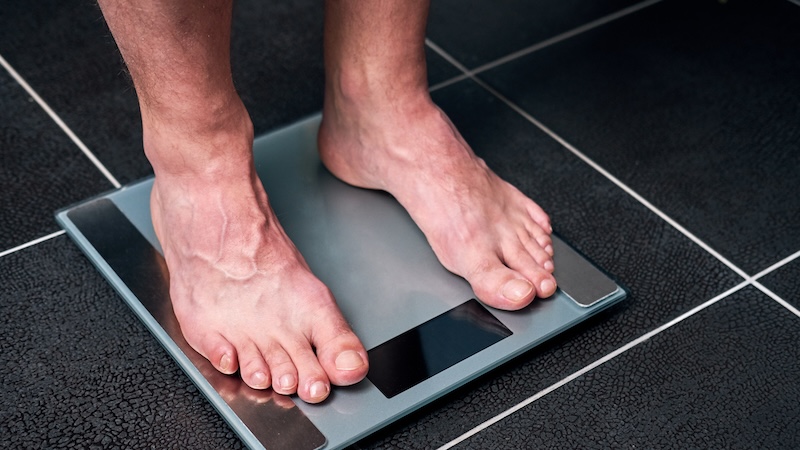Health: Healthy Eating for Older Adults
Weekly wellness tips for your weekly wellness

Eating right can help keep your body and mind healthy and extend your quality of life. But some older Americans may face barriers to getting enough nutrients or calories.
MANY WAYS AGING CAN AFFECT APPETITE
Physiological changes that come with aging can result in reduced calorie needs, which can lead to decreased food intake and altered body composition, even in healthy older adults. This can be compounded by diminished smell and taste, and changes in hormone levels that affect how quickly you feel full. Depression, lack of independence, and social isolation can make food less appealing, further contributing to a less than ideal intake.
Chronic diseases such as heart disease, stroke, Parkinson’s disease, cancer, diabetes and dementia can affect appetite, energy needs and weight. Older adults may be on multiple medications that may interact with nutrients, or produce side effects such as nausea, vomiting and sensory changes that affect smell and taste. Oral and dental problems can affect chewing or swallowing.
All of these factors can lead to decreased intake of calories and nutrients, resulting in unplanned weight loss and lack of energy.
OVERCOMING BARRIERS TO HEALTHY EATING
These strategies can help overcome some of the barriers to healthy eating you may face as you get older.
- Aim for quality, using the Harvard T.H. Chan School of Public Health’s Healthy Eating Plate as a guide. At most meals try to fill half of your plate with vegetables; a quarter of your plate with whole grains such as quinoa, brown rice; or whole-wheat bread; and the final quarter of your plate with lean protein such as fish, poultry, beans or eggs.
- Pick healthy fats, which can serve as a source of concentrated, healthy calories. Healthy fats include olive oil, canola oil, peanuts and other nuts, peanut butter, avocado and fatty fish such as salmon, sardines and mackerel. Limit unhealthy saturated fat including fatty red meat.
- Work dietary fiber into your diet. Fiber helps to keep bowel function normal and can help decrease risk of Type 2 diabetes and heart disease. The Institute of Medicine recommends that total fiber intake for adults older than 50 should be at least 30 grams per day for men and 21 grams for women. Most fruits, vegetables, whole grains, and legumes are good sources of fiber. Nuts and seeds are also good sources, but whole-grain breads and beans may be easier to chew if you have dental problems or dentures. Make sure to drink plenty of fluids as you increase your fiber intake.
- Adjust portion sizes. If you’re trying to maintain a healthy body weight, reduce portion sizes instead of sacrificing components of a balanced meal. If you need to gain a few pounds, try to increase your portions rather than eating foods that are high in added sugar and unhealthy saturated fat.
- Some older adults find their appetite is greater in the morning and during the day, compared to evening. If so, try to have a healthy breakfast that includes protein, whole grains and fruit along with a balanced afternoon meal. Then go light on dinner.
TROUBLESHOOTING TIPS
As you get older, you may need to think creatively when obstacles to healthy eating crop up. For example, if you have trouble getting out of the house or managing heavy grocery bags, try a grocery delivery service. This allows you the convenience of shopping online and having your food delivered right to your door.
If cooking for yourself every day feels like too much trouble or you find your energy flagging by evening, try to prepare a few meals on the weekend. Keep them refrigerated or frozen and ready to reheat during the week. One-pot meals are a great way to quickly cook healthy, balanced meals that are inexpensive, which may also be an important consideration as you get older.
Physical activity is important for all adults, including older adults. Exercise helps build and strengthen muscles, increase energy levels, maintain bone health, rev up your metabolism, and lift your mood. It can help boost your appetite too. Aim for at least 30 minutes of physical activity most days of the week.
Men and women are living longer. Trying to eat healthy can help ensure you’ll continue to enjoy an active lifestyle well into your 80s and 90s.


